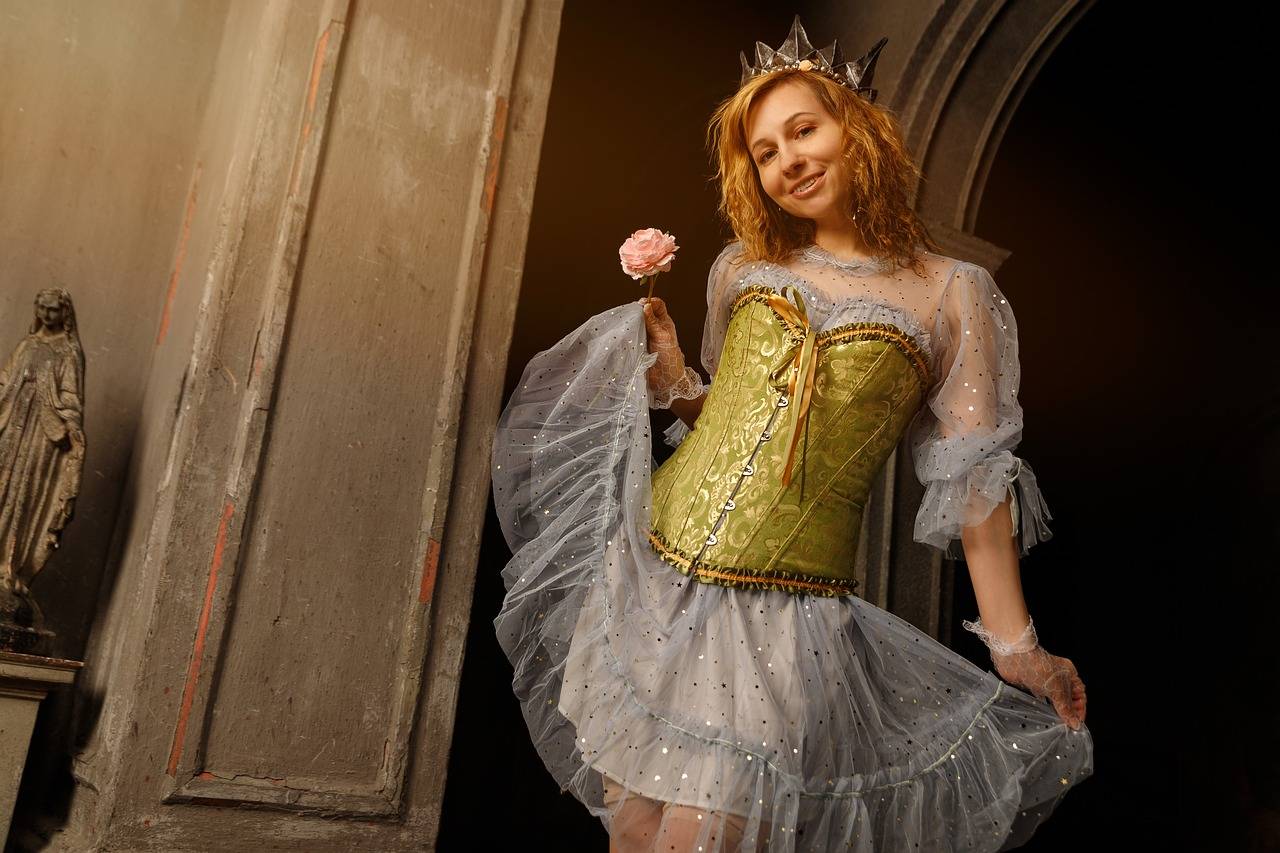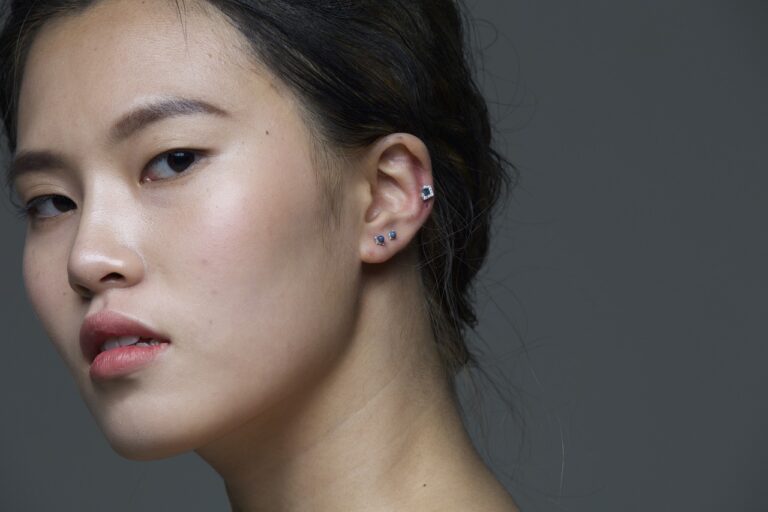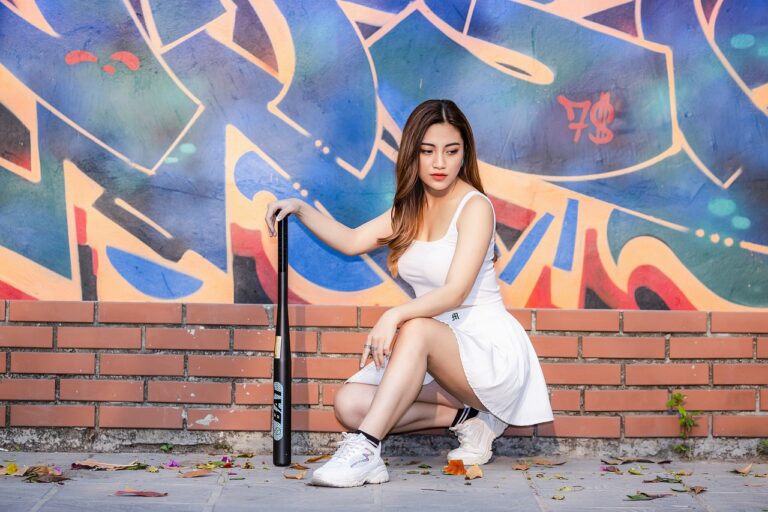Ethical Fashion: Balancing Style with Social Responsibility: Diamond exchange 9, Sky99exch, Reddybook
diamond exchange 9, sky99exch, reddybook: Ethical Fashion: Balancing Style with Social Responsibility
In recent years, the fashion industry has come under increasing scrutiny for its environmental impact and unethical labor practices. As consumers become more conscious of the social and environmental consequences of their purchasing decisions, the demand for ethically-produced clothing is on the rise.
But how can we balance our desire for stylish, trendy clothing with our desire to make socially responsible choices? The key is to educate ourselves about the brands we support and make informed decisions about where we invest our money.
1. What is Ethical Fashion?
Ethical fashion encompasses a range of practices aimed at reducing the negative impact of the fashion industry on people and the planet. This includes everything from fair labor practices and sustainable sourcing to animal welfare and community empowerment.
2. Why is Ethical Fashion Important?
The fashion industry is the second largest polluter in the world, second only to the oil industry. From water pollution to deforestation to greenhouse gas emissions, the fashion industry has a significant impact on the environment. In addition, many garment workers are subjected to unsafe working conditions, long hours, and low wages.
3. How Can I Support Ethical Fashion?
One way to support ethical fashion is to research the brands you love and find out more about their production practices. Look for certifications such as Fair Trade or B Corp, which indicate a commitment to social and environmental responsibility. You can also support independent designers who prioritize sustainable and ethical practices.
4. Is Ethical Fashion Expensive?
While ethical fashion can sometimes come at a higher price point due to the costs associated with fair labor and sustainable sourcing, it doesn’t have to break the bank. By shopping secondhand, supporting small businesses, and investing in high-quality pieces that will last for years, you can build a sustainable wardrobe without spending a fortune.
5. Can I Make a Difference as an Individual?
Absolutely! Every time you choose to support an ethical brand or shop consciously, you are sending a message to the fashion industry that sustainability and ethics matter to consumers. By voting with your wallet, you can help drive positive change in the industry.
6. What are Some Ethical Fashion Brands to Consider?
Some popular ethical fashion brands include Patagonia, Everlane, Reformation, and Stella McCartney. These brands are committed to transparency, sustainability, and fair labor practices, making them great options for conscious consumers.
In conclusion, ethical fashion is about more than just looking good – it’s about feeling good too. By choosing to support brands that prioritize social and environmental responsibility, we can all play a part in creating a more sustainable and equitable fashion industry.
FAQs
Q: Is ethical fashion just a trend?
A: While ethical fashion has gained popularity in recent years, it is not just a passing trend. More and more consumers are prioritizing sustainability and ethics in their purchasing decisions, indicating a shift towards a more conscious fashion industry.
Q: Can fast fashion ever be ethical?
A: Fast fashion is inherently unsustainable due to its focus on rapid production and low prices. While some fast fashion brands are making efforts to improve their practices, true ethical fashion requires a fundamental shift away from the fast fashion model.
Q: How can I learn more about ethical fashion?
A: There are many resources available to help you educate yourself about ethical fashion, from books and documentaries to online platforms and social media influencers. Start by doing some research and asking questions about the brands you love.







